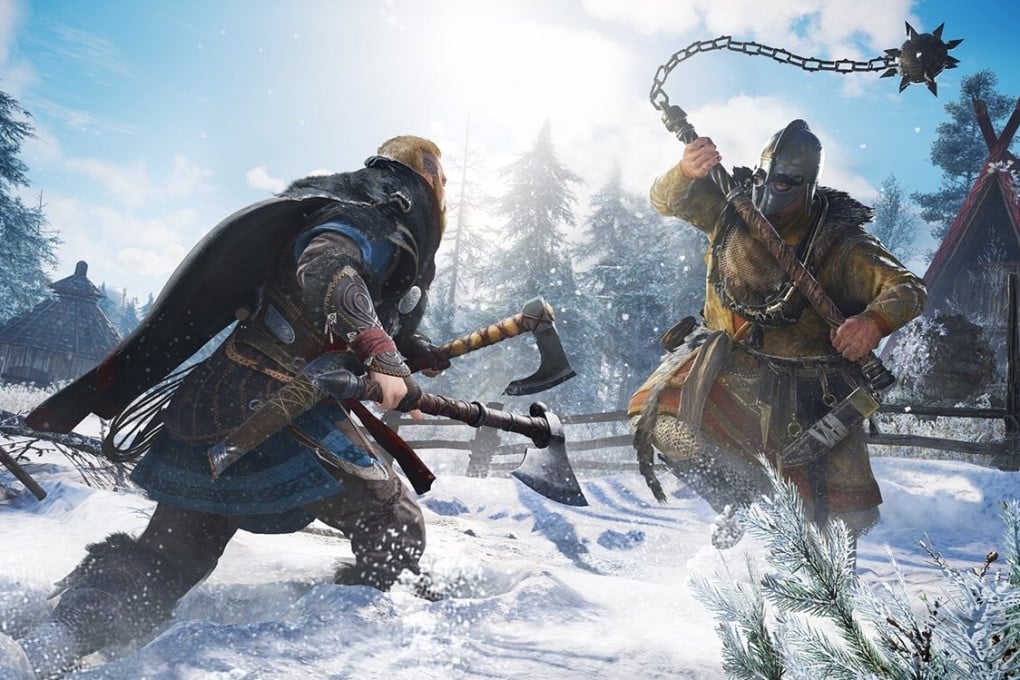Toxic work culture in Asian gaming firms in spotlight as Singapore investigates Ubisoft
- Workers at Ubisoft Singapore, the studio behind games including Assassin’s Creed: Valhalla, have accused it of sexual harassment and racial discrimination
- The probe comes as the gaming sector worldwide has come under mounting scrutiny, including in China and South Korea, with an observer saying employees lack the power to speak up

Among the buildings in the precinct is Fusionopolis, a swanky R&D complex that houses research organisations, tech companies and government agencies – and where the region’s largest video game studio, Ubisoft Singapore, is based.
The firm is behind an increasing number of famous games, including the recent Assassin’s Creed: Valhalla, which sold 12 million copies within two months of its release, and the upcoming Skull & Bones.
But behind the glamour, the office with about 500 workers is under investigation over claims of sexual harassment and racial discrimination by Singapore’s national employment watchdog, the Tripartite Alliance for Fair and Progressive Employment Practices (TAFEP).
The probe comes as the gaming industry worldwide has come under scrutiny in recent months.
Traditionally dominated by male engineers, the sector has attracted a growing wave complaints from workers over a work environment in which sexist jokes, sexually suggestive comments and outright sexual harassment are the norm.